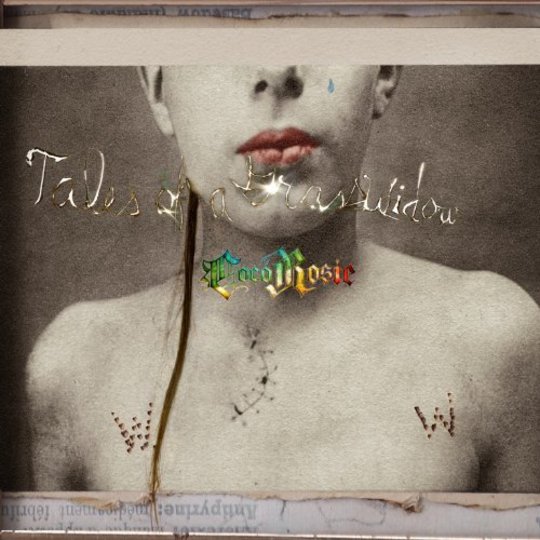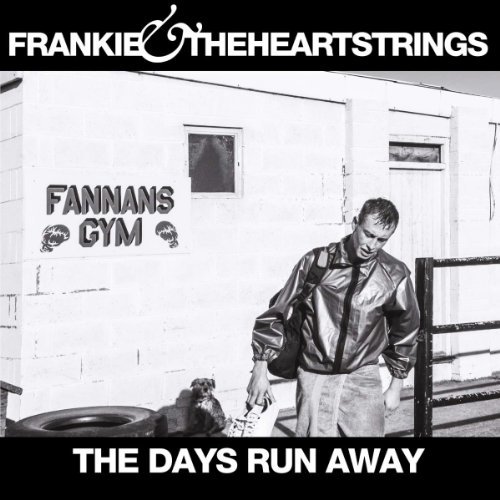The Casady sisters are back to divide opinion and elicit a wide range of facial expressions with their first album since 2010's Grey Oceans, Tales of a GrassWidow.
Firstly, let's address most critics' main gripe with CocoRosie and talk about the vocals. They're odd and wildly changeable; one minute toddler, the next shrill belter, the next angelic chorister. It's not like versions of these haven't been heard, enjoyed and celebrated in other acts - Björk and Joanna Newsom are frequent comparisons - but there is something that doesn't sit quite right with CocoRosie, at least not on a first listen. And what that something is, from a listener's perspective, is suspicion.
Joanna Newsom's vocals have lost and gained her admirers in equal measure, but there has never been any doubt that they're sincere, and she was consistent and fascinating within them (until her perhaps inevitable vocal issues and consequent softening). Björk sings with her genuine Icelandic accent - who actually enjoys a fake accent? - about cutlery and balls of yarn and it's fine because it's not forced. She's delightfully mad and it's part of what makes her such a dynamic and fiercely exciting songwriter and live performer.
But with CocoRosie, it comes across as too thought-out, placed, invented, and that can prevent the sisters from seeming like real people. They displace themselves from reality, and create too wide a gap between themselves, their creative process and output, and their audience. They run the risk of alienating with their choice of album titles, artwork and song titles too. The cynics amongst us might read the track listing of Tales of a GrassWidow as a 'What's What' of fairy-story contrivance. Thankfully, once you get stuck in, their experimental bravery and two-fingers-up confidence begs a second, third, fourth listen, during which what is admirable and individual about the band is allowed to come to the fore.
The album opens with 'After the Afterlife', an enjoyable marriage of church evensong and Nineties hip hop with some overzealous electronics thrown into the mix. It seems confused at first, but its playful, ironic beat coupled with the sinister subject matter makes it a strong and bold start to the record. 'Gravediggress' showcases the Casadys' penchant for changing vocal style from one verse to the next, but the melody throughout is beautiful and the hollow moments higher in the register are exquisite.
'Far Away' is the most Björk-like with its free vocal line, moving at a snail's pace, sitting atop a cheerful, conventional drum beat with no effort to fuse the two together. This track, along with 'Broken Chariots', evokes the desperate image of 'forsaken woman', the bare underneath hardly supporting the mournful cries above it. It's pretty galling and deeply moving.
Antony Hegarty's contribution on 'Tears for Animals' is glorious; the repeated line "Do you have love for humankind?" against the electronic beats and deep bass synth couldn't be more perfect, and the union of his and Casady's voices deep in the track's belly is the swaying climax it needs to be. An appeal to compassion amidst widespread wrongdoing, it is unquestionably the album highlight.
No, they're not for everyone. Yes, sometimes it sounds like a circus rave in a toybox, and it's not what you would call relaxing. But it's uplifting, triumphant and inquisitive. And, in the face of frequent critical antipathy and hostility, it's just good to see two strong-minded women paying absolutely no heed and continuing to make the music they feel compelled to make.
-
7Anna Byrne's Score






















